Tag: illinois
-
All candidates for Cook County Commissioner District 13 in Illinois complete Ballotpedia’s Candidate Connection survey
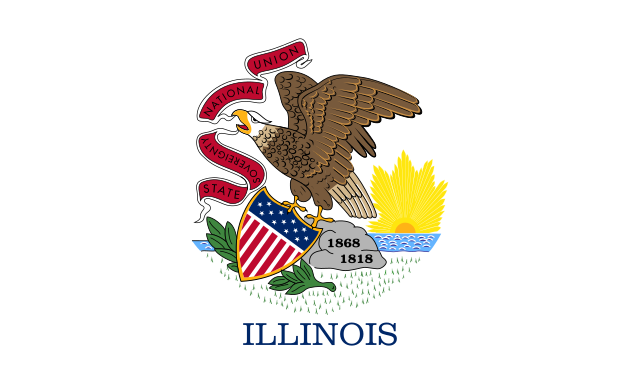
Both of the candidates running in the November 8, 2022, general election for Cook County Commissioner District 13 in Illinois — Josina Morita (D) and Andrew Border (R) — completed Ballotpedia’s Candidate Connection survey. These survey responses allow voters to hear directly from candidates about what motivates them to run for office. The board of…
-
All candidates for Illinois House of Representatives District 13 complete Ballotpedia’s Candidate Connection survey
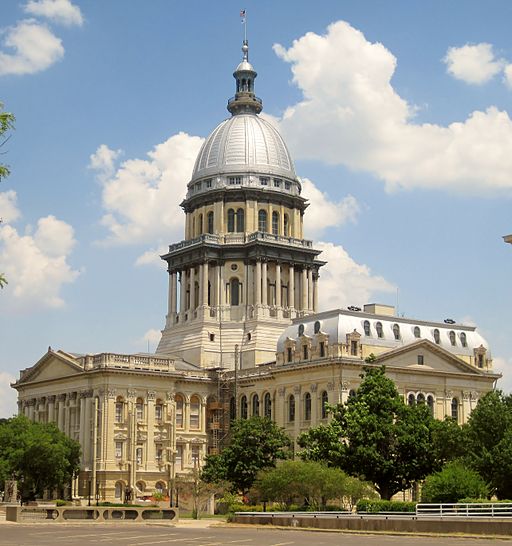
Both of the candidates running in the November 8, 2022, general election for Illinois House of Representatives District 13 — Hoan Huynh (D) and Alper Turan (R) — completed Ballotpedia’s Candidate Connection survey. These survey responses allow voters to hear directly from candidates about what motivates them to run for office. Eighty-eight of the country’s…
-
All candidates for Illinois’ 3rd Congressional District complete Ballotpedia’s Candidate Connection survey
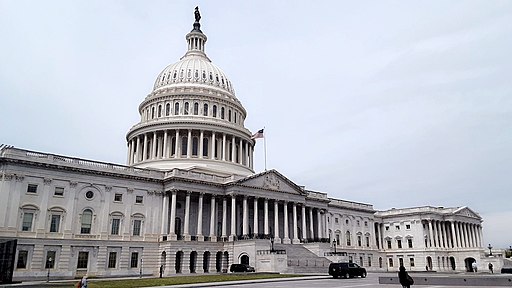
Both candidates running in the November 8, 2022, general election for Illinois’ 3rd Congressional District — Delia Ramirez (D) and Justin Burau (R) — completed Ballotpedia’s Candidate Connection survey. These survey responses allow voters to hear directly from candidates about what motivates them to run for office. The outcome of this race will affect the…
-
All candidates for Illinois’ 1st Congressional District complete Ballotpedia’s Candidate Connection survey
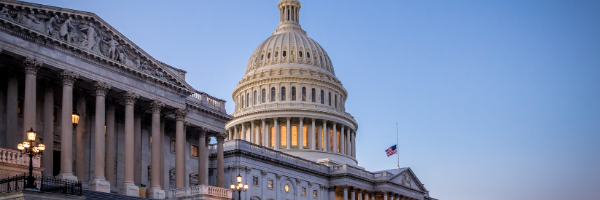
Both candidates running in the November 8, 2022, general election for Illinois’ 1st Congressional District — Jonathan Jackson (D) and Eric Carlson (R) — completed Ballotpedia’s Candidate Connection survey. These survey responses allow voters to hear directly from candidates about what motivates them to run for office. The outcome of this race will affect the…
-
Eric Sorensen and Esther Joy King are running for Illinois’ 17th Congressional District on November 8, 2022

Eric Sorensen (D) and Esther Joy King (R) are running in the general election for Illinois’ 17th Congressional District on November 8, 2022. Incumbent Rep. Cheri Bustos (D) is not running for re-election. Sorensen worked as a TV meteorologist in Rockford and the Quad Cities area for nearly 20 years, and this is his first…
-
Davis defeated Collins in Illinois’ 7th Congressional District on June 28, 2022
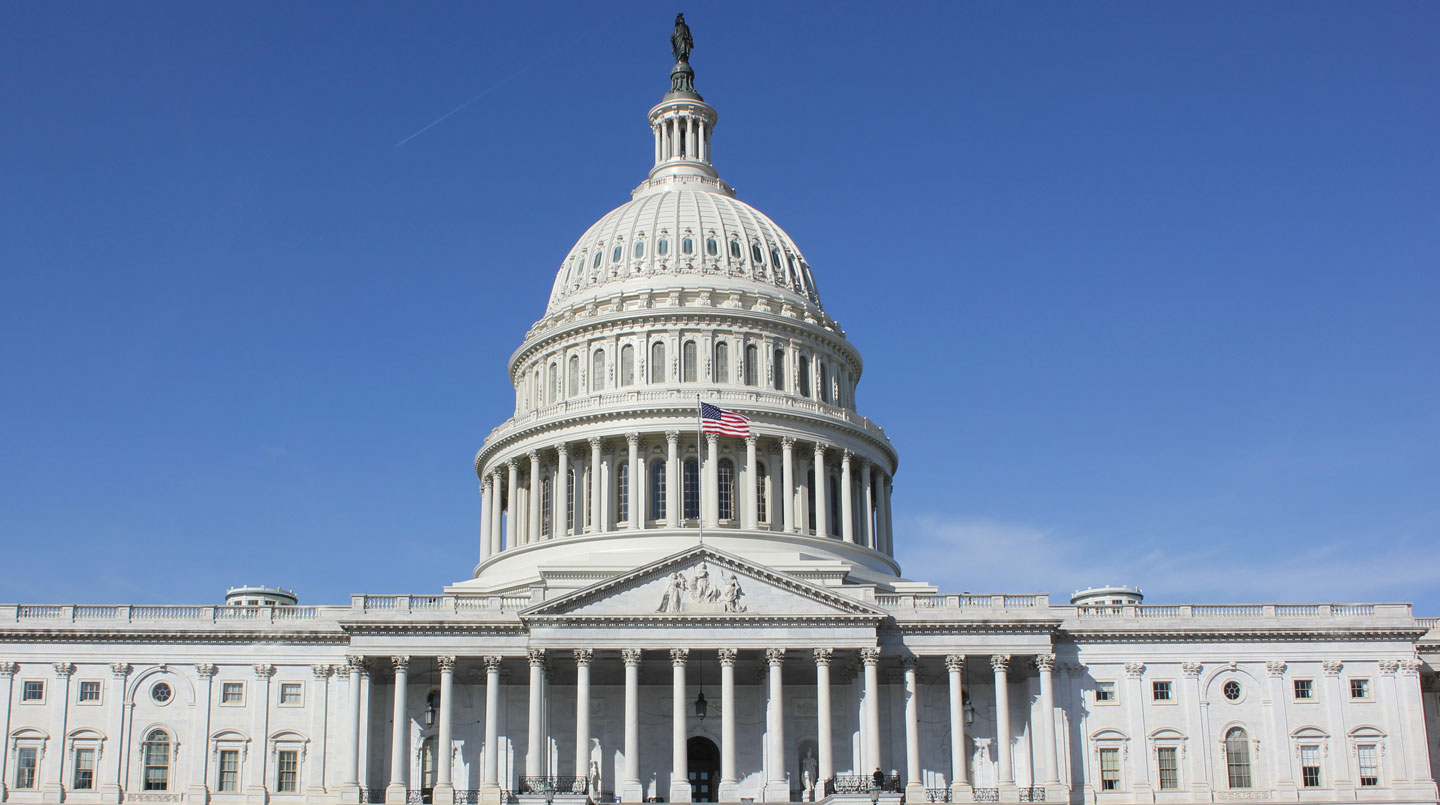
Incumbent Danny K. Davis, Kina Collins, and Denarvis Mendenhall ran in the Democratic primary for Illinois’ 7th Congressional District on June 28, 2022. Davis, who has represented the district in Congress since 1997, won the primary with 52.3% of the vote. Collins received 45.3% of the vote, and Mendenhall received 2.4%. Davis focused his campaign…
-
Krishnamoorthi defeats Democratic primary challenger in Illinois’ 8th Congressional District
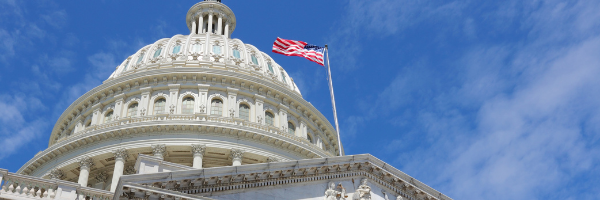
Incumbent U.S. Rep. Raja Krishnamoorthi defeated Junaid Ahmed in the Democratic primary for Illinois’ 8th Congressional District on June 28, 2022. According to unofficial results, Krishnamoorthi received 71% of the vote to Ahmed’s 29%. Krishnamoorthi was first elected to represent the 8th District in 2016. Before entering office, Krishnamoorthi was a partner at the law…
-
Casten defeats Newman in the Democratic primary for Illinois’ 6th Congressional District

Sean Casten defeated Marie Newman and Charles Hughes in the Democratic primary for Illinois’ 6th Congressional District on June 28, 2022. Casten and Newman are members of the U.S. House of Representatives running for re-election in the same district due to redistricting. The race was one of six U.S. House primaries with two incumbents running…
-
Giannoulias defeats Valencia in the Democratic primary for Illinois secretary of state

Alexi Giannoulias defeated Anna Valencia and two other candidates in the Democratic Party primary for Illinois secretary of state on June 28, 2022. Giannoulias received 53% of the vote to Valencia’s 40%. Giannoulias and Valencia led in media attention, fundraising, and endorsements going into the primary. David Moore and Sidney Moore also ran in the…
-
Sorensen defeats five other candidates in the Democratic primary for Illinois’ 17th Congressional District
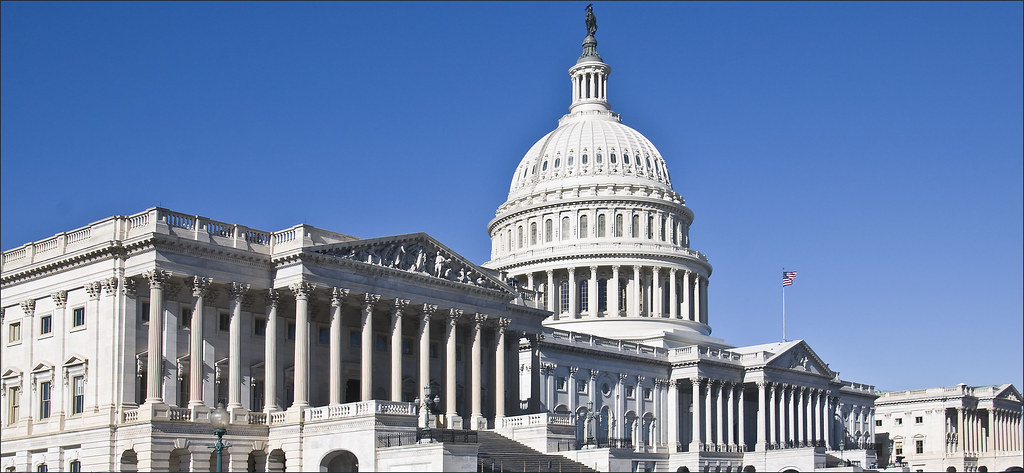
Eric Sorensen defeated five other candidates in the Democratic primary for Illinois’ 17th Congressional District on June 28, 2022. Based on unofficial returns, Sorensen received 38% of the vote, while Litesa Wallace came in second with 23%. Incumbent Rep. Cheri Bustos (D) did not run for re-election. Sorensen, Wallace, Jonathan Logemann, and Angie Normoyle led…

